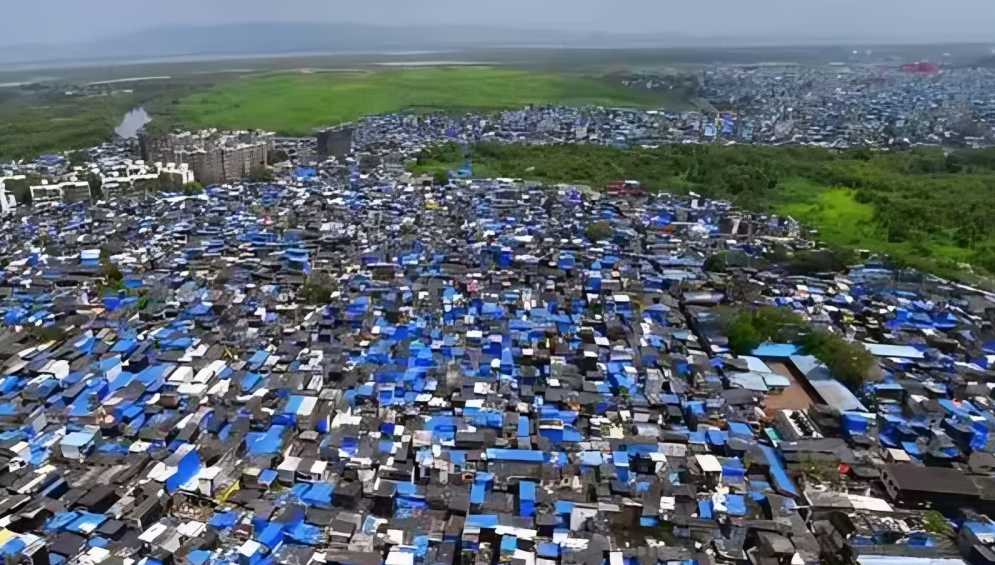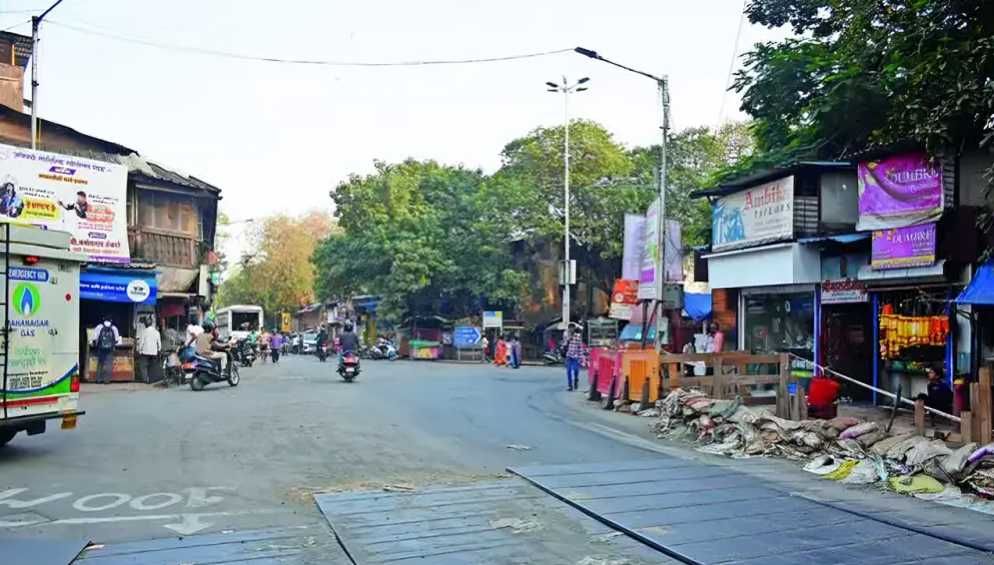July 18, 2025: The Maharashtra government is actively working to enhance its urban mobility framework, particularly in Mumbai, with a view to easing congestion and improving commuter experience. Speaking in the Legislative Assembly, the Transport Minister outlined a multi-pronged strategy that includes exploring alternative transport modes such as waterways, ropeways, and pod taxis. These initiatives aim to reduce dependence on overstretched infrastructure while promoting safer, more sustainable mobility solutions.
This forward-looking approach follows growing concerns around public transport safety and overcrowding. In response to a legislator’s notice regarding a recent train accident, the minister reiterated the state’s commitment to passenger safety—even as railways fall under central jurisdiction. He stated that railway officials have been instructed to implement better crowd management at stations and take proactive measures to minimise fatalities.
To further ease peak-hour strain on public transit, the minister also proposed setting up a task force to assess the feasibility of staggered office timings for private firms. Additionally, enforcement action is being intensified against app-based aggregator transport operators found in breach of regulatory norms, with the aim of improving service quality and commuter trust.
In related developments, the Minister of State for Home (Rural) confirmed that a case has been filed in relation to a recent highway accident that resulted in multiple casualties. The Public Works Department has been instructed to install speed limit signs and road rumblers at the accident-prone location.
Meanwhile, the Industries Minister announced that the Kolhapur Urban Region Development Authority (KURDA), covering 42 villages in Karveer and Hatkanangale talukas, will be granted special planning authority status within two months—a move expected to accelerate local economic growth.
These collective efforts highlight Maharashtra’s integrated approach to urban planning, prioritising safety, innovation, and regional development to create resilient and inclusive cities.
Source: Urban Acres





